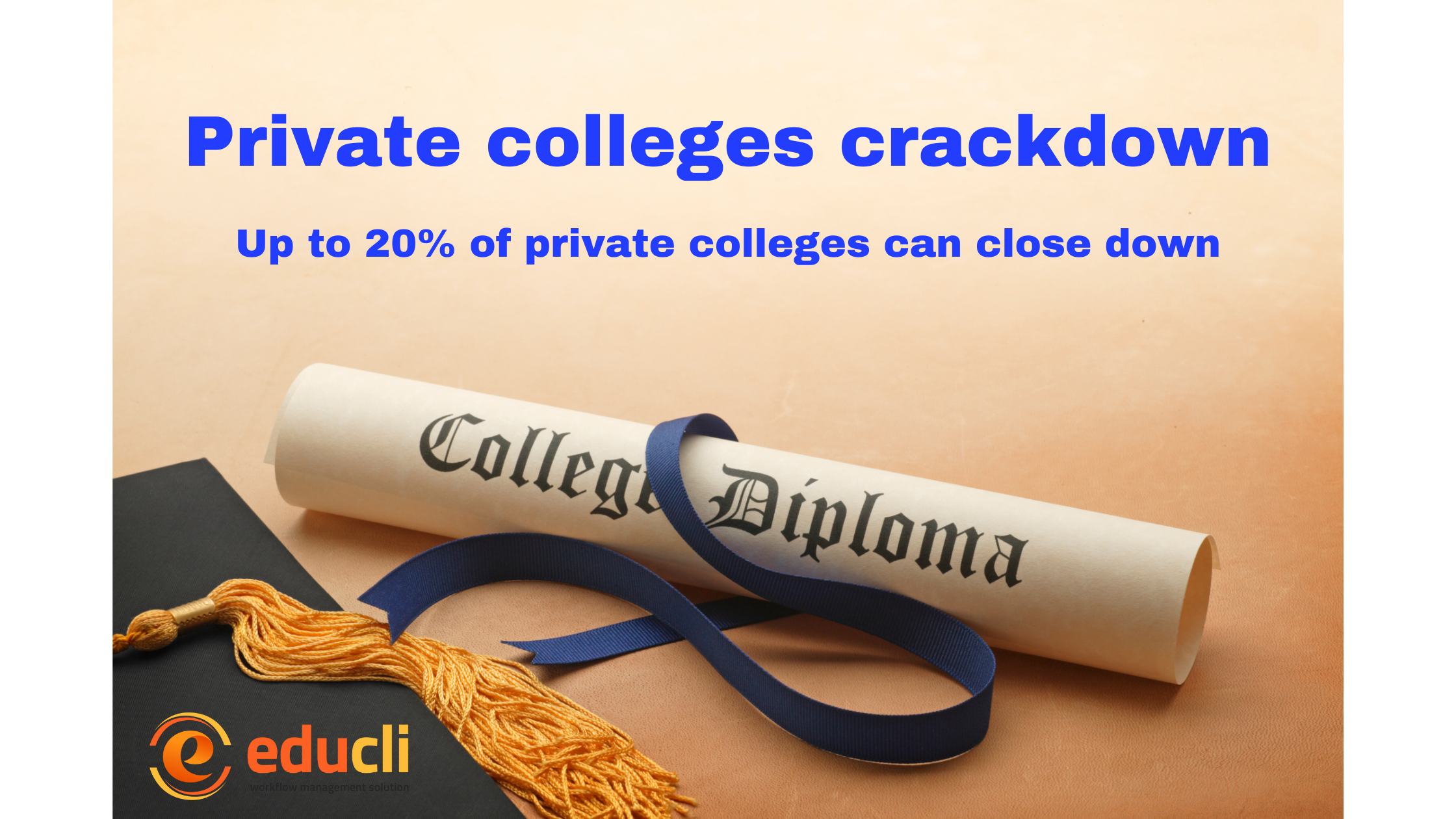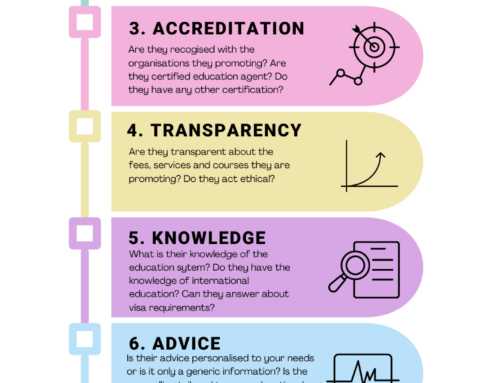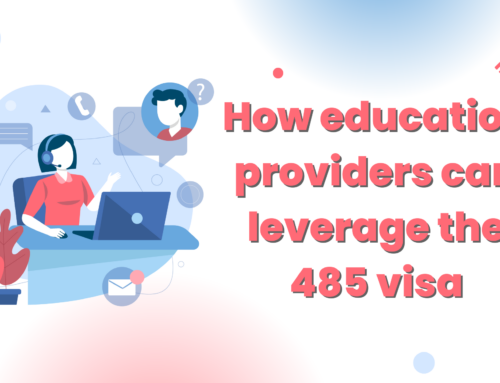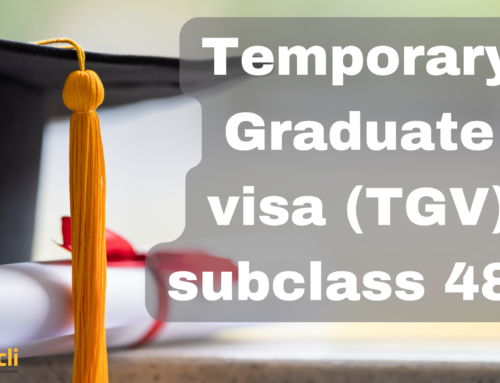Australia’s vocational education landscape is facing potential upheaval with proposed reforms aimed at restoring integrity to the system. These changes could lead to the closure of up to 200 vocational colleges that cater to foreign students, according to a report by the Australian Financial Review. The heart of the matter lies in a significant increase in student visa holders, which reached a record high of 660,765 by the end of June, escalating by 203,000 since the start of the year.
This surge in international students has not only provided a workforce in sectors like hospitality, aged care, and cleaning, but it has also intensified the already competitive rental market. More concerning are the reports of unethical practices by some education agents and colleges, using student visas as a gateway to employment rather than education.
In response, about 90% of visa applications from countries like India, Bangladesh, and Nepal for vocational courses are being denied. Critics argue that this high rejection rate seems baseless and counterproductive. The reforms, which may be implemented as early as next March, are expected to bring legislative changes, including increased scrutiny and new operational guidelines for colleges.
The sector’s response has been one of concern. A collective letter to the Albanese government from numerous private education providers highlights the potential for widespread collapse and significant economic impacts if these measures are implemented without due consideration. The letter also points fingers at various stakeholders – the media for exposing corrupt practices, the regulator for registering new colleges post-pandemic, and the government for its proposed changes.
Phil Honeywood, the CEO of the International Education Association of Australia, emphasizes the need for scrutiny, particularly of colleges offering questionable courses. He criticizes what he terms “Mickey Mouse programs” that undermine the credibility of the sector and calls for a focus on training in skill shortage areas.
The federal government, in its bid to curb the exploitation of the student visa system, has introduced changes such as requiring proof of financial capacity from prospective students and closing loopholes in course transfers. The Australian Skills Quality Agency has also been empowered to increase its oversight of vocational colleges, targeting unethical practices and ensuring the integrity of the system.
The debate is ongoing, with the sector calling for a balanced approach that safeguards both the quality of education and the economic contributions of international students. The outcome of these reforms will shape the future of vocational education in Australia, impacting thousands of students and the broader economic landscape.
What do you think about the proposed changes?





Leave A Comment